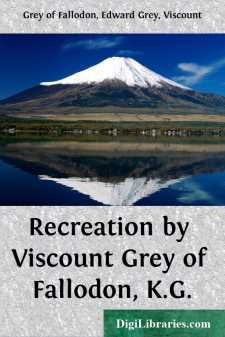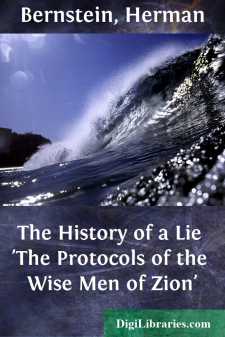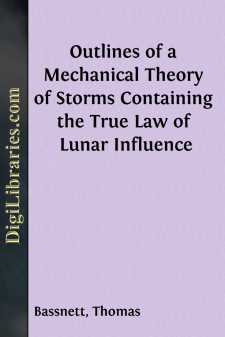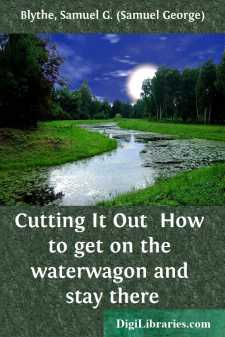Non-Classifiable
- Non-Classifiable 1768
Non-Classifiable Books
Sort by:
It is sometimes said that this is a pleasure-seeking age. Whether it be a pleasure-seeking age or not, I doubt whether it is a pleasure-finding age. We are supposed to have great advantages in many ways over our predecessors. There is, on the whole, less poverty and more wealth. There are supposed to be more opportunities for enjoyment: there are moving pictures, motor-cars, and many other things which...
more...
by:
Herman Bernstein
FOREWORD This is the history of a Lie—of a cruel and terrible Lie invented for the purpose of defaming the entire Jewish people. Given out as fiction, by a German anti-Semitic writer, involved in the Waldeck forgery case, who concealed his identity under the pen-name of an Englishman, it was gradually changed and elaborated, and finally groomed as fact. Agents of the Russian secret police department...
more...
INTRODUCTORY Naval Warfare at the Beginning of the Eighteenth Century The recent close of the nineteenth century has familiarized us with the thought that such an epoch tends naturally to provoke an estimate of the advance made in the various spheres of human activity during the period which it terminates. Such a reckoning, however, is not a mere matter of more and less, of comparison between the...
more...
FOREWORD Once upon a time as four blind men sat by the roadside they heard the tramp of an elephant’s feet, and said one to another, “Here comes an elephant; now we shall know what he is like.” The first blind man put out his hand and touched the elephant’s broad side. The second took hold of a leg. The third grasped a tusk, and the fourth clutched the animal’s tail. “Now do you know what...
more...
by:
Thomas Bassnett
SECTION FIRST. PRESENT STATE OF METEOROLOGY. The present state of the science of which we are about to treat, cannot be better defined than in the words of the celebrated Humboldt, who has devoted a long life to the investigation of this department of Physics. He says: “The processes of the absorption of light, the liberation of heat, and the variations in the elastic and electric tension, and in the...
more...
by:
Franklin Beech
CHAPTER I. THE WOOL FIBRE. Wool is one of the most important textile fibres used in the manufacture of woven fabrics of all kinds. It belongs to the group of animal fibres of which three kinds are met with in nature, and used in the manufacture of textile fibres; two of these are derived from quadruped animals, such as the sheep, goat, etc., while the third class comprises the products of certain...
more...
by:
George Jack
EDITOR'S PREFACE In issuing these volumes of a series of Handbooks on the Artistic Crafts, it will be well to state what are our general aims. In the first place, we wish to provide trustworthy text-books of workshop practise, from the points of view of experts who have critically examined the methods current in the shops, and putting aside vain survivals, are prepared to say what is good...
more...
CHAPTER I WHY I QUIT First off, let me state the object of the meeting: This is to be a record of sundry experiences centering round a stern resolve to get on the waterwagon and a sterner attempt to stay there. It is an entirely personal narrative of a strictly personal set of circumstances. It is not a temperance lecture, or a temperance tract, or a chunk of advice, or a shuddering recital of the woes...
more...
Dedicated to the Directors and Shareholders of the California InsuranceCompany in 1906 who so nobly, at their own financial cost, did their"Big Bit." "On fame's eternall beadroll worthie to be fyled." - Spenser Foreword Whatever of effort has been given in the pleasant pastime of writing these rambling and sketchy pages of reminiscences is dedicated to those who in the hours of...
more...
INTRODUCTION. Biology is the Science of Life. It seeks to explain the phenomena of all life, whether animal or vegetable. Its methods are observation and experiment. It observes the tiny cell on the surface of an egg yolk, and watches it divide and multiply until it becomes a great mass of cells, which group off or differentiate, and rearrange and alter their shapes. It observes how little organs...
more...











